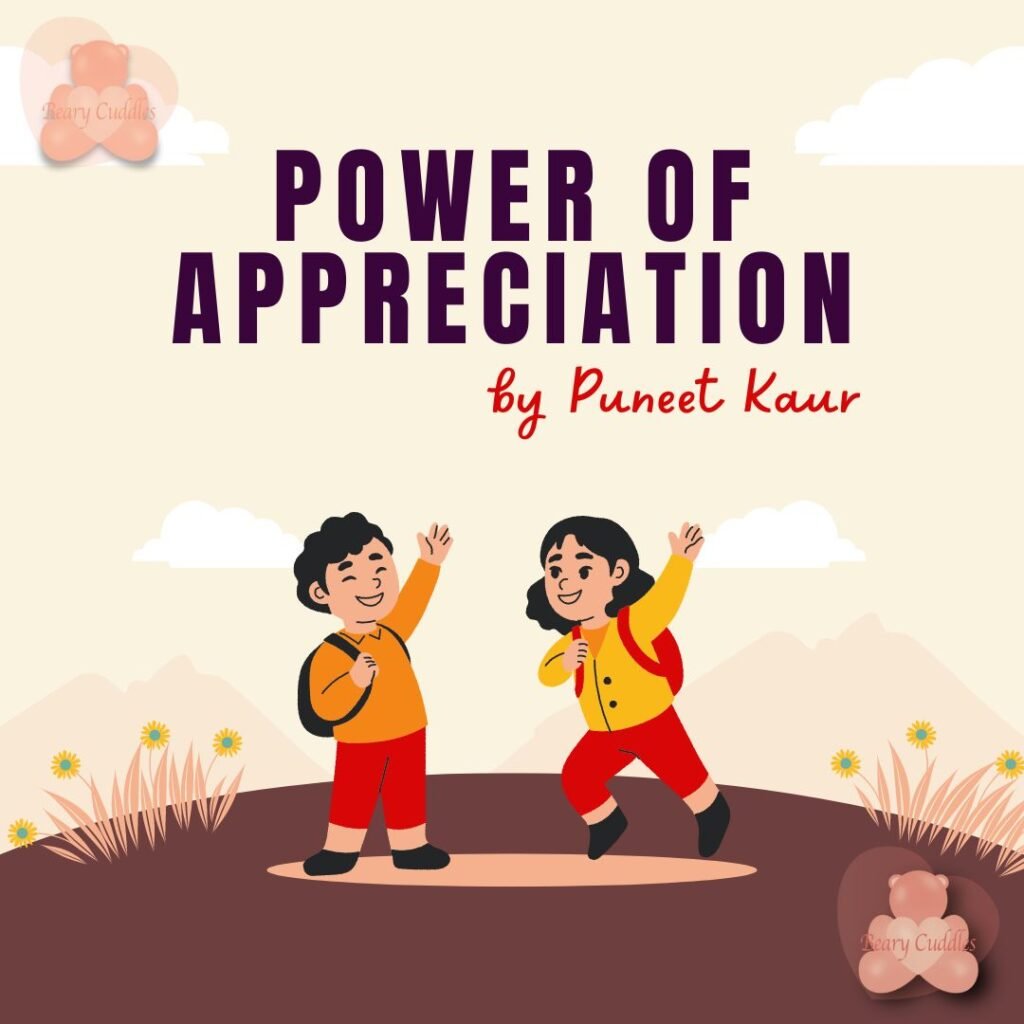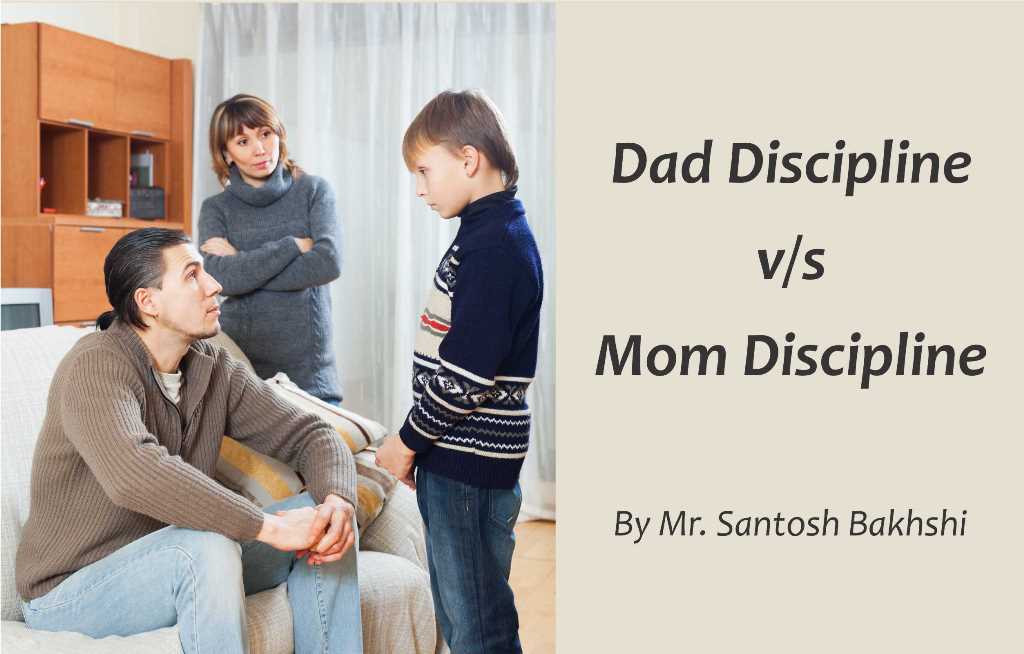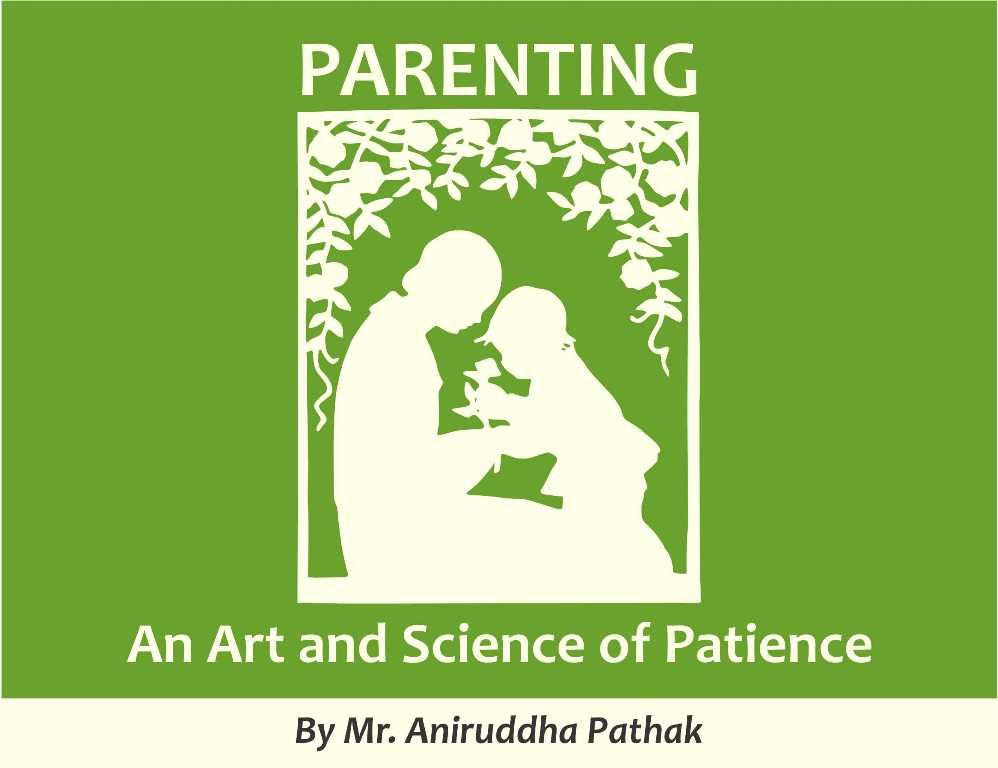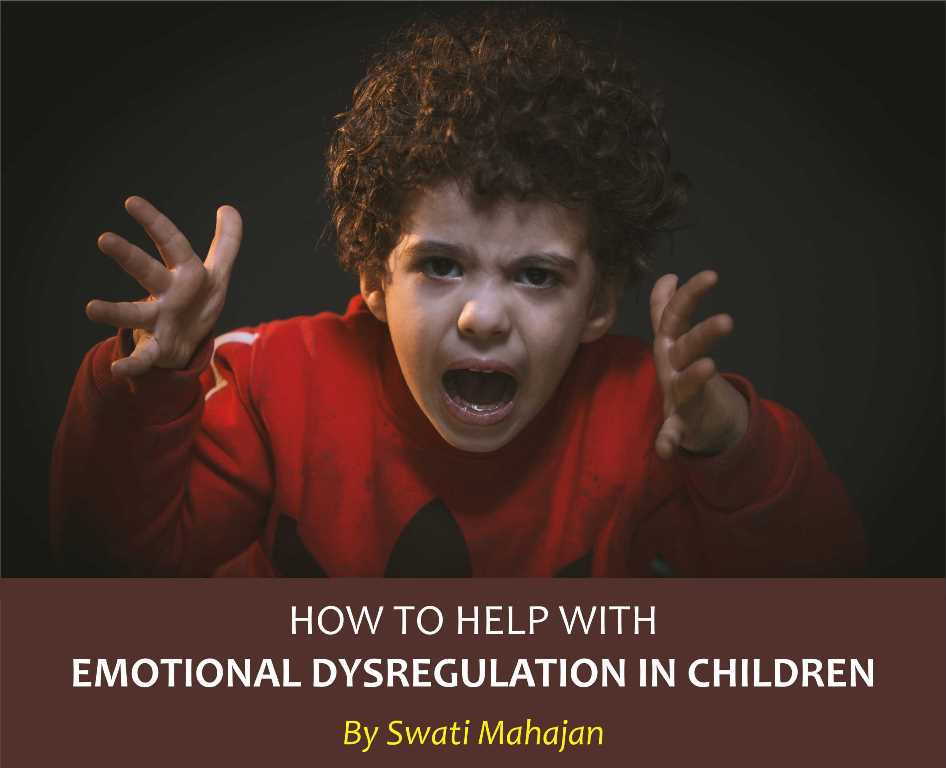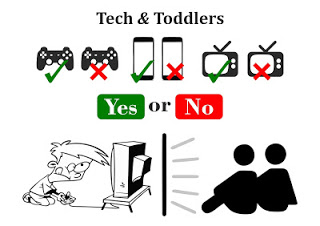The Power of Motherhood: How It Changes Us
Motherhood is a huge life shift. It’s not just about c aring for a child—it’s about how becoming a mom transforms us from the inside. The moment we step into the role of “mom,” everything changes, and not just in our daily routines. It changes who we are, how we see ourselves, and what we believe we’re capable of.
aring for a child—it’s about how becoming a mom transforms us from the inside. The moment we step into the role of “mom,” everything changes, and not just in our daily routines. It changes who we are, how we see ourselves, and what we believe we’re capable of.
The Moment Everything Shifts
When you become a mom, it feels like a switch flips. One minute, you’re just you. The next, you’re responsible for another person. Whether it’s the first time you hold your baby or the first sleepless night, that moment hits you hard. And while it’s overwhelming, it’s also the start of discovering a new side of yourself. You might find yourself feeling more patient, more protective, and sometimes even stronger than you ever knew you could be.
Reclaiming Your Identity as a Mom
The transition to motherhood often makes us feel like we’ve lost ourselves a little. It can feel like everything you do is for your kids, and it’s easy to forget who you are outside of that. But here’s the truth: you’re still you. Being a mom doesn’t mean losing yourself—it just means you’re now balancing a new role with your old one. It’s about figuring out how to be both “mom” and “you” at the same time.
And you know what? That balance isn’t always easy, but it makes us grow in ways we didn’t expect. You find yourself discovering a new layer of strength, patience, and love—one that makes you realize you can handle more than you ever thought possible.
The Emotional Rollercoaster
Motherhood brings with it a wave of emotions. There are days filled with joy—like when your baby says their first word or learns to walk. Then, there are moments when you’re worried about everything, questioning whether you’re doing it right. But all these emotions are what make being a mom so powerful. The love you feel is deeper than you ever thought you could experience, and it’s all-consuming at times. And with that love comes a protective instinct you can’t quite explain, but it’s real.
That emotional rollercoaster is exhausting, but it’s also what makes motherhood so meaningful. You learn so much about yourself and your capacity to love, give, and grow.
The Unspoken Bond
There’s something about the bond between a mother and child that’s hard to describe—it’s just different. From the first time you hold your baby, you realize that there’s a connection beyond words. You start to recognize their needs even before they can speak. And in return, your child gives you a love that feels unbreakable.
That bond doesn’t just affect your relationship with your child—it shapes the way you see the world. You become more present, more patient, and more tuned in to the people around you. It’s one of the most profound changes that come with motherhood.
In the End, Motherhood Changes Us for the Better
Motherhood is challenging, but it’s also one of the most rewarding journeys you’ll ever go on. It teaches you to be strong in ways you didn’t know you could be and opens your heart to a love deeper than you’ve ever experienced. And in all of this, you’re not just a mom—you’re a stronger, more compassionate, and more powerful version of yourself.












